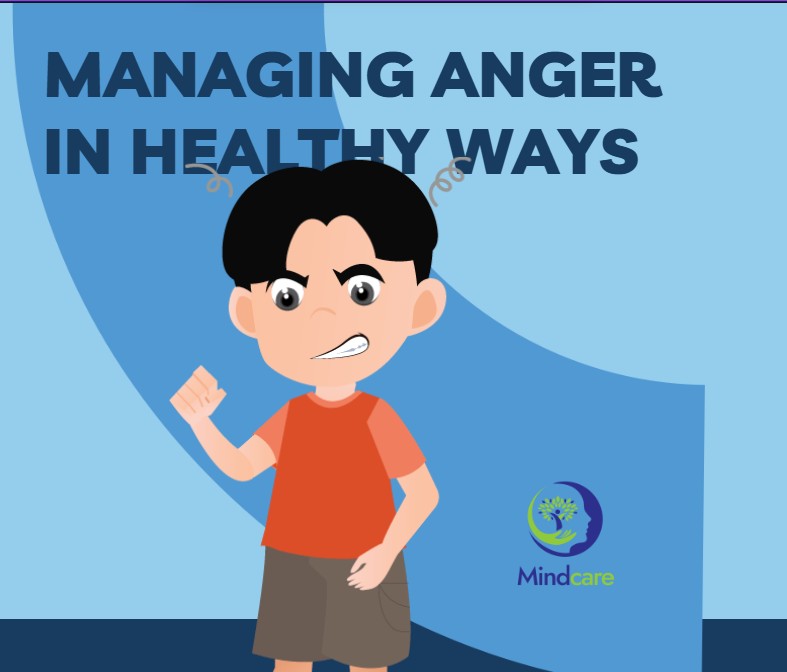Managing Anger in Healthy Ways: Techniques That Work
Understanding Anger
Anger is a natural human emotion, but when it becomes frequent, intense, or uncontrolled, it can negatively affect relationships, work, and health. Understanding why you feel anger and how it manifests is the first step toward managing it effectively. According to the American Psychological Association (APA), recognizing triggers and practicing healthy coping strategies is crucial to prevent destructive outcomes.
Common Causes and Triggers of Anger
Anger often arises from a combination of factors, including:
- Stressful life events, such as work pressure or relationship conflicts
- Unmet expectations or perceived unfair treatment
- Frustration from personal limitations or external obstacles
- Underlying mental health issues, like anxiety or depression
Practical Anger Management Techniques
Here are several strategies to help you manage anger effectively:
1. Pause and Breathe
Take deep, slow breaths to calm your nervous system. Counting to ten before reacting can prevent impulsive responses and help you think clearly.
2. Identify Triggers
Keeping a journal of situations that provoke anger can reveal patterns. Understanding triggers helps you anticipate and respond more constructively.
3. Practice Relaxation Techniques
Techniques such as meditation, progressive muscle relaxation, or mindfulness exercises can reduce overall tension and make it easier to respond calmly.
4. Use Healthy Communication
Express your feelings assertively but respectfully. Avoid blame or aggression, and focus on describing your emotions and needs clearly.
5. Physical Activity
Engaging in regular exercise, like walking, running, or yoga, can help release built-up tension and improve mood.
6. Seek Professional Support
If anger frequently interferes with your life, therapy can help. Evidence-based approaches like Anger Management Therapy provide practical tools to control emotional reactions, reduce conflict, and improve relationships.
When Anger Overlaps with Other Issues
Anger can be intertwined with stress, anxiety, or sleep problems. Addressing these together often improves outcomes. You may find related support on our Stress Management and Anxiety Therapy pages.
Finding Support at MindCare
MindCare provides confidential, paid therapy sessions with licensed clinicians experienced in anger management. If you’re ready to take the next step, learn more about our anger management services or book a session today.
Conclusion
Anger is a natural emotion, but learning to manage it healthily can improve your well-being, relationships, and life satisfaction. Using the right techniques and seeking professional guidance when needed can help you respond thoughtfully, not react impulsively. Start your journey to healthier emotional regulation today.





